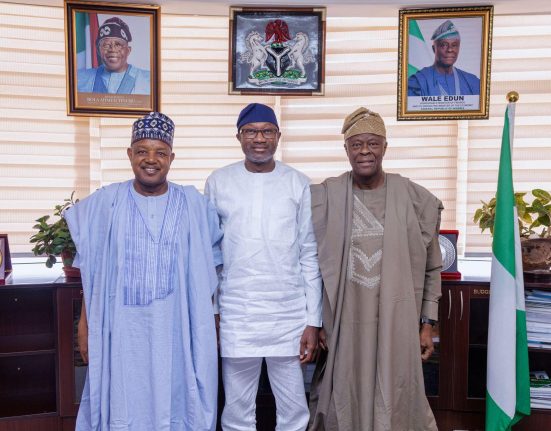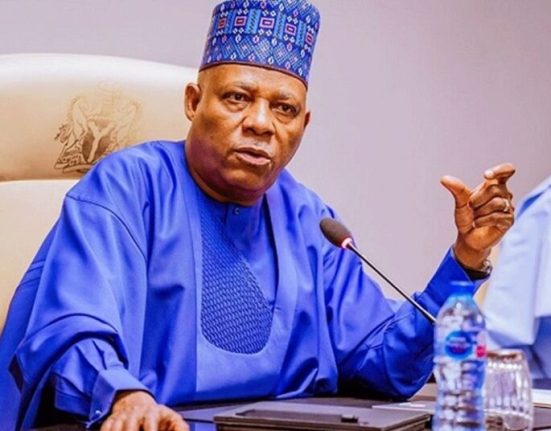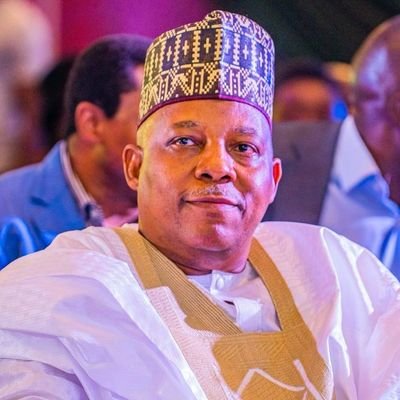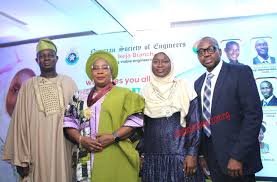The Federal Government has reiterated its unwavering commitment to building an inclusive economy by fostering a policy environment that supports private sector growth, equitable opportunities, and national prosperity.
Speaking during a high-level economic strategy session in Abuja, key government officials stressed that the administration of President Bola Ahmed Tinubu remains focused on driving reforms that stimulate investment, create jobs, and lift millions of Nigerians out of poverty.
The Coordinating Minister of the Economy and Minister of Finance, Mr. Wale Edun, emphasized that the government’s economic blueprint is anchored on transparency, fiscal responsibility, and targeted interventions aimed at small businesses and vulnerable populations.
“Our goal is simple but urgent to provide Nigerians with the tools, infrastructure, and opportunities they need to thrive,” Edun stated. “We are building a more inclusive and competitive economy where prosperity is not limited to a few but shared broadly.”
The government has introduced several initiatives to support this vision, including the Presidential Palliatives Programme, renewed tax reforms to ease the burden on SMEs, increased infrastructure investments, and collaboration with development partners to improve access to finance.
Recent data from the National Bureau of Statistics shows an uptick in sectors such as agriculture, ICT, and manufacturing, credited largely to the enabling policies put in place over the past year. In addition, the Central Bank’s efforts to stabilize the exchange rate and combat inflation are seen as critical components of the broader economic reset.
While acknowledging ongoing challenges, especially in energy costs and food prices, government representatives assured Nigerians that policies are being tailored to address structural issues and support long-term resilience.
Economic stakeholders, including representatives of the Nigerian Economic Summit Group and the Manufacturers Association of Nigeria, have welcomed the renewed focus, urging consistent policy implementation and improved ease of doing business.
As Nigeria navigates its economic recovery path, the Federal Government insists that inclusive prosperity is not just a slogan, but a fundamental pillar of its development agenda one designed to ensure no Nigerian is left behind.








Leave feedback about this